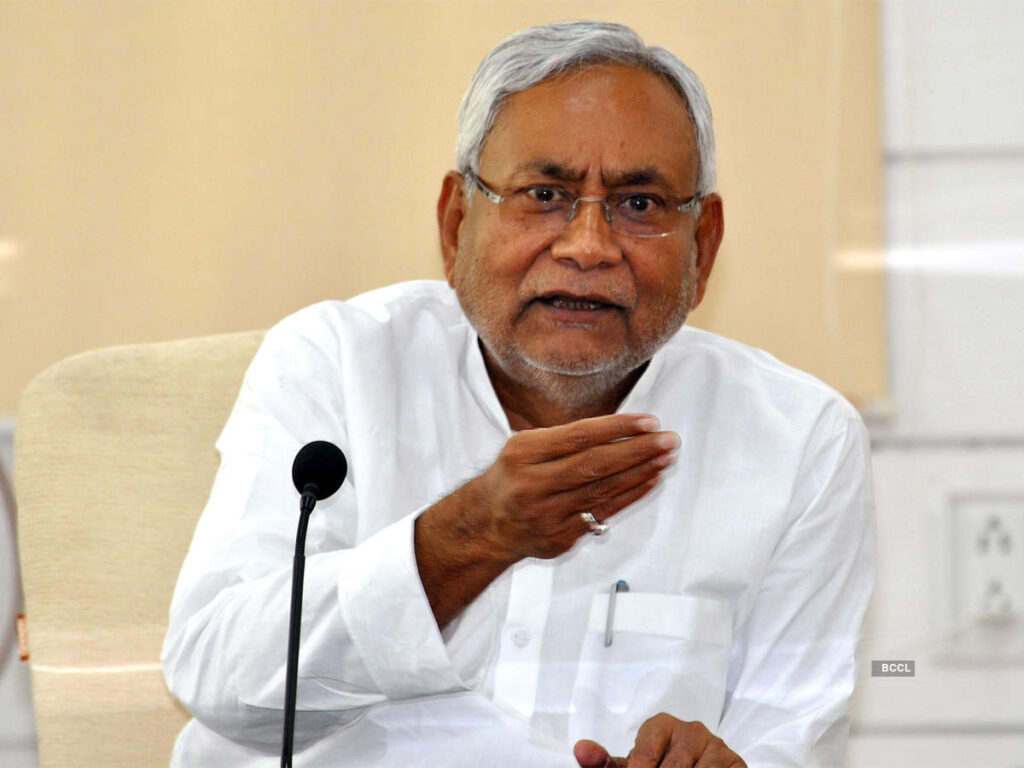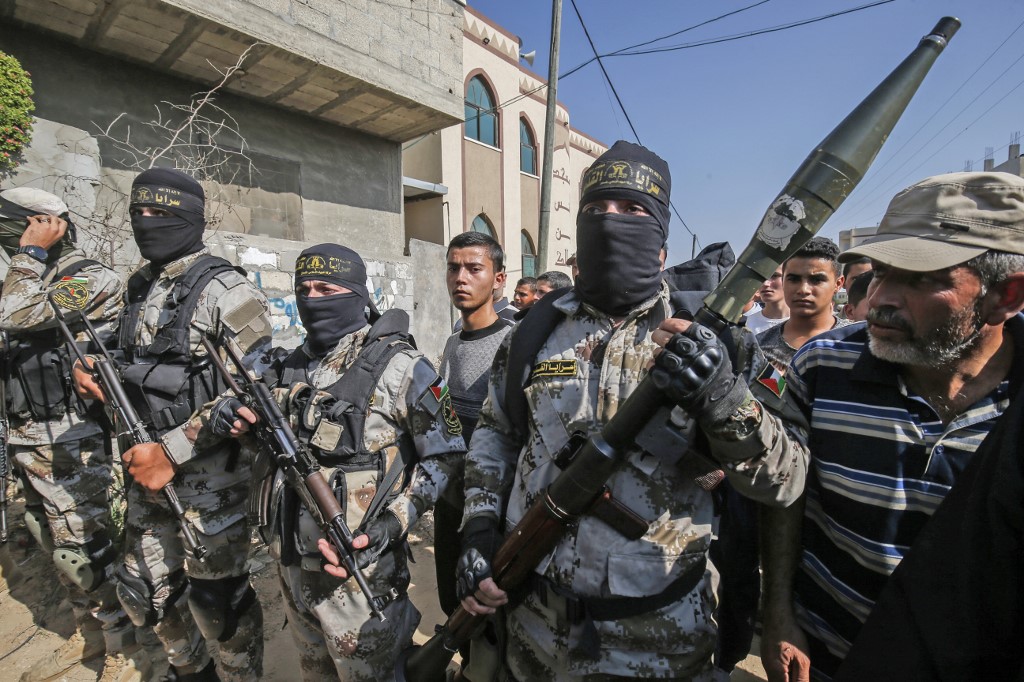Bihar Chief Minister Nitish Kumar has proposed increasing reservation in government jobs and educational institutions for Scheduled Castes and Scheduled Tribes, as well Other Backward Classes and Extremely Backward Classes, to 65 per cent. This is excluding the centre’s 10 per cent reservation for individuals from Economically Weaker Sections, and will take total reservation to 75 per cent.
The proposals will take state quotas past the 50 per cent cap set by the Supreme Court in 1992.
“We will do the needful after due consultation. It is our intent to effect these changes in the current session,” the Chief Minister said, adding that the three per cent quota for OBC women be scrapped.
Under the proposed revised quotas, Scheduled Caste candidates will have 20 per cent reservation, while those from OBCs and EBCs will get 43 per cent quota – a significant increase from the earlier 30 per cent. Reservation of two per cent has been proposed for ST candidates.
The current reservation levels are 18 per cent for EBCs and 12 per cent for Backward Classes, 16 per cent for Scheduled Castes, and one per cent for Scheduled Tribes.
The proposal comes hours after a full report on the contentious state-wide caste survey was tabled before the Bihar Assembly, amid claims by the opposition BJP that the ruling Janata Dal(United)-Rashtriya Janata Dal duo had inflated data relating to the Yadav community and Muslims.
Nitish Kumar – whose deputy, the RJD’s Tejashwi Yadav, hails from the former group – slammed the BJP for the allegations. Earlier, Mr Yadav had demanded critics of the caste survey provide proof.
The Yadavs are the largest OBC sub-group in the state, accounting for 14.27 per of that population.
Overall, according to the Bihar caste survey, 36 per cent of the state’s 13.1 crore people are from EBCs, 27.1 per cent are from Backward Classes, and 19.7 per cent are from Scheduled Castes. Scheduled Tribes make up 1.7 per cent of the population, and the General Category is 15.5 per cent.
This means that over 60 per cent of Bihar hails from Backward or Extremely Backward Classes.
More data, released earlier today, said 34 per cent of all families in the state survive on less than ₹ 6,000 per month, and 42 per cent of Scheduled Caste and Scheduled Tribe families live in poverty.
Also according to the data, less than six per cent of individuals from Scheduled Castes had finished their schooling; i.e., cleared Class 11 and Class 12. That number inches up to nine per cent overall.
Last month, release of the first tranche of caste survey data was followed by speculation of just this announcement – an increase in quota for backward classes and other marginalised communities.
The Bihar government’s caste survey – now a political hot potato after the opposition has pushed for a similar, nation-wide exercise – began to make headlines (again) in November last year.
This was after the Supreme Court backed the centre’s 10 per cent EWS quota.
The court called the quota – introduced shortly before the 2019 Lok Sabha election – non-discriminatory and said it does not alter the basic structure of the Constitution.




